Riding the Solar Chariot on Ratha Saptami: Journey through Asia's Sun Temples
The worship of the Sun has been a significant aspect of Hindu dharma, and numerous temples dedicated to the solar deity can be found across the world.
Total Views |
The vibrant Hindu festival of Ratha Saptami, also known as Magha Saptami, is an important day based on cosmic study and astronomical observations about the sun . Picture the sun gracefully steering his chariot with seven majestic horses, symbolizing the vivid spectrum of colors, toward the northern hemisphere. According to legends, this cosmic spectacle also marks the birth of Surya – an occasion joyously hailed as Surya Jayanti.
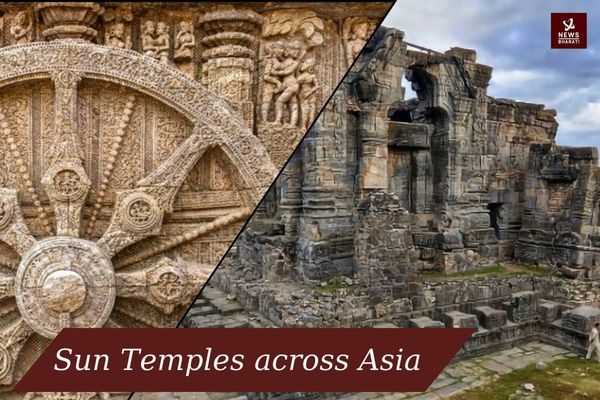
The worship of the Sun has been a significant aspect of Hindu dharma, and numerous temples dedicated to the solar deity can be found across the world. Starting in India, the country boasts several renowned Sun temples, each reflecting unique architectural styles and historical significance. On this important day of Ratha Saptami, let us have a look at the beautiful Sun Temples across Asia;
1. Konark Sun Temple, Odisha:
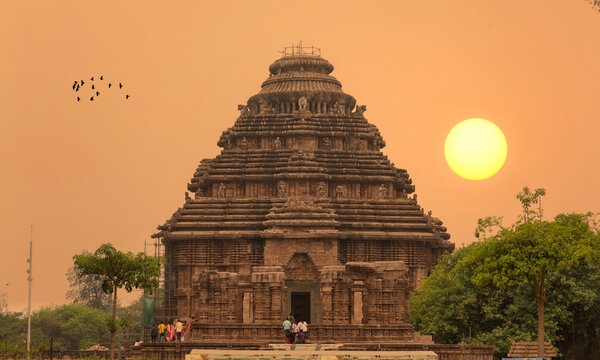
One of the most iconic Sun temples is the Konark Sun Temple in Odisha, often referred to as the "Black Pagoda." Built in the 13th century, it is a UNESCO World Heritage Site known for its intricate stone carvings depicting the chariot of the Sun God, Surya. The ancient marvel of Indian architecture based on Sun and solar movements, is designed like the chariot of the Sun God, Surya, while its intricate carvings reflect precise astronomical alignments.
Built during the reign of Narasimhadeva I of the Eastern Ganga Dynasty, the temple's construction symbolizes the flourishing artistic and engineering skills of the time. Its design reflects precise astronomical and geometric principles, aligning with the Sun's movements. The architectural marvel not only narrates Puranic kathas but also reveals advanced understanding of celestial science by the builders.
2. Modhera Sun Temple, Gujarat:
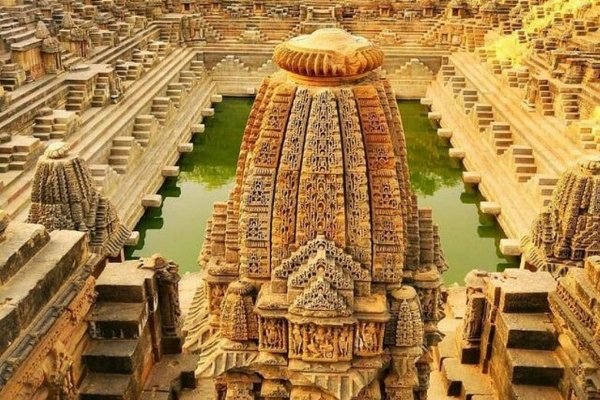
Constructed in the 11th century, the Modhera Sun Temple in Gujarat is a masterpiece of Solanki architecture. Dedicated to Surya, the Sun God, its design showcases precise astronomical alignments and intricate carvings. Commissioned by King Bhimdev I of the Chalukya dynasty, the temple stands as a testament to their patronage of art and culture. The intricate details, reflecting the era's scientific and artistic prowess, make Modhera Sun Temple a timeless marvel, highlighting the rich heritage of Gujarat's historical and architectural grandeur.
3. Martand Sun Temple, Jammu and Kashmir:
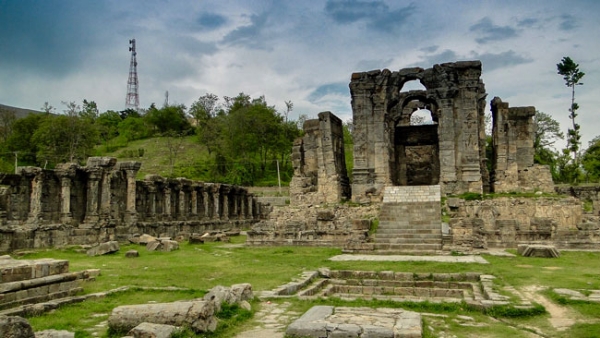
Located in Anantnag, the Martand Sun Temple dates back to the 8th century. Jammu Kashmir's Martand Sun Temple is an architectural gem built in the 8th century during the rule of King Lalitaditya Muktapida of the Karkota Dynasty. Dedicated to Surya, the Sun God, the temple's design exhibits precise scientific and astronomical considerations. Its strategic orientation aligns with solar movements. Despite its current state of ruins, Martand Sun Temple remains a testament to the grandeur of the Karkota Dynasty and their patronage of art and culture. The intricate carvings and layout reflect not only the era's engineering prowess but also the spiritual and scientific beliefs that shaped this ancient marvel.
4. Katarmal Sun Temple, Uttarakhand:
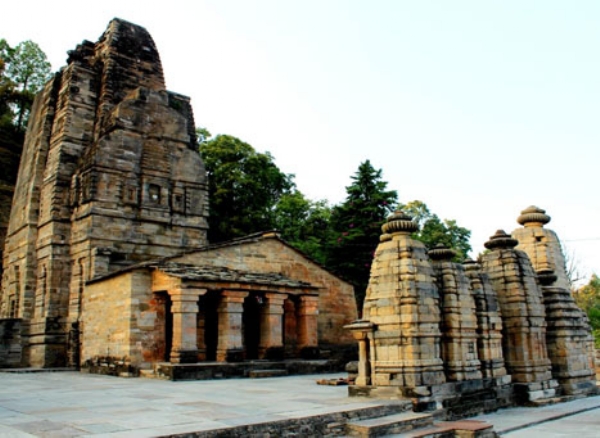
Nestled in the Kumaon region of Uttarakhand, the Katarmal Sun Temple stands as a testament to ancient Indian architectural brilliance. Dating back to the Katyuri Dynasty, believed to be constructed in the 9th century, the temple is dedicated to Surya, the Sun God. Its unique architectural style and precise alignment with celestial movements showcase a deep understanding of astronomical science. The intricate carvings depict mythological stories, making it a spiritual and cultural marvel. Despite the passage of centuries, Katarmal Sun Temple remains an enchanting symbol of the region's historical richness and the scientific acumen of the ancient builders.
5. Multan Sun Temple, Pakistan:
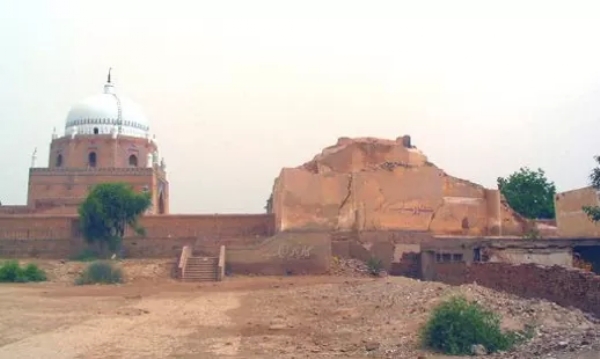
Beyond India, the ancient city of Multan in present-day Pakistan once housed a Sun Temple. The ancient city of Multan in present-day Pakistan once housed the Multan Sun Temple, believed to be constructed during the Hindu Shahi dynasty's rule in the 8th century. Dedicated to Surya, the Sun God, the temple's architectural grandeur showcased advanced scientific and astronomical understanding.
While little remains of the temple today, historical records suggest its significance during the Hindu Shahi period, a dynasty known for promoting art and culture in the region. The temple's strategic alignment and intricate carvings reflected the fusion of spiritual beliefs and architectural expertise, offering a glimpse into the rich historical and scientific legacy of ancient Multan.
These Sun temples, including one beyond India's political boundary, stand witness to the widespread influence of Hindu culture and the enduring significance of solar worship. Each temple tells a unique story, blending art, architecture, and spirituality in honor of the radiant celestial deity, Surya.
--

